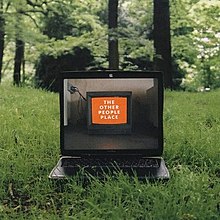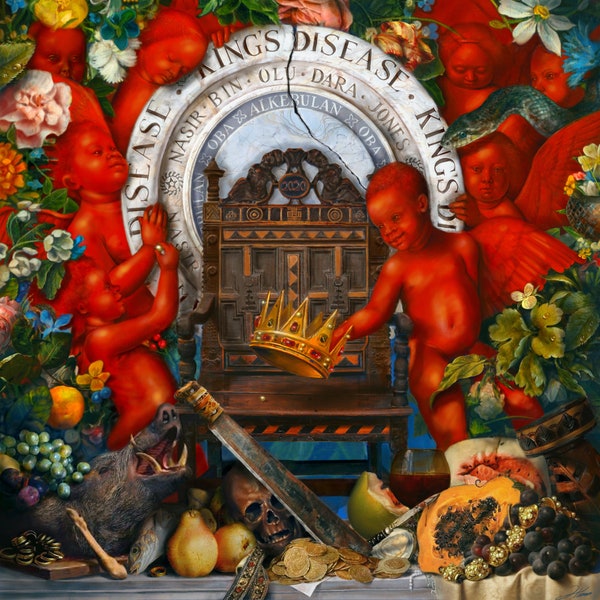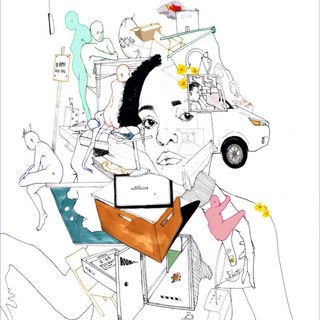By Thomas Holton
The pandemic has stretched long enough now to where entire relationships have come and gone online. People have started work at new companies, worked virtually for eight or nine months, and then moved on to somewhere else. Or they’ve begun a new class, connected with their classmates through a GroupMe, helped each other struggle through the course, and then drifted apart as a new semester began. Entire chapters of lives – done.
A few minutes ago, when I was on Twitter ignoring other things I have to write, I saw two of my friends post their vaccination cards, and in that moment the future I’ve logically known would one day arrive, the one without COVID, became a tangible thing in my head. It wasn’t a pipe dream – it’s a couple months and it’ll be here.
It’s weird, honestly. For a year now, we’ve each resigned ourselves to varying levels of pessimism. Awkward Zoom pauses, passive-aggressive Slack comments, these new forms of communication became all we could grasp onto, and they left us with a hollow feeling inside. Music made for barbecues and clubs stayed locked inside headphones, and lives were lived in the same three or four rooms. It’s hard to not want more.
James Stinson, with his classic electro-techno album, “Lifestyles of the Laptop Cafe,” created the perfect soundtrack for looking past this reality, trying to figure out if there’s another side.
Stinson was one half of the influential Detroit techno group Drexciya, which was active in the ‘90s and early 2000s. Along with his partner Gerald Donald, Stinson helped build conceptual worlds of afrofuturist science fiction, full of detail and complexity. Yet Stinson himself remained largely unseen, rarely performing and giving only a handful of interviews. He lived in Detroit with his wife and seven children, working as a truck driver.
In his only full-length release under his “The Other People Place” moniker, Stinson departed from the grandiosity of Drexciya and arrived at an album that feels simple and universal. The record’s release a week before 9/11, and Stinson’s passing just a year after, casts a human, melancholic shadow on all eight of its songs.
The awkward-yet-sensual opener “Eye Contact” sets off the album’s loose concept, as Stinson ponders how to approach a woman he sees in a cafe. The rest of the record winds its way through a relationship, the heartache and the longing, the moments of harmony. Stinson’s voice is absent for much of it, only popping in for a brief refrain or hook. These subdued moments carry real feeling – over the dark keys and bouncy 808s of “It’s Your Love,” his voice emerges from someplace electronic and distant: “It’s your love that’s keeping me soaring.”
A track like “Running from Love” feels like drowning in quicksand, while “Moonlight Rendezvous” sounds like youth. There’s nothing abrasive about the album at all. It unwinds itself smoothly, every track stretching out in a relaxed fashion, even when confronting not-so-pleasant emotions.
The heart of this album is somewhere in the middle of a Venn Diagram of several emotions: joy, heartache, infatuation, discomfort. The album can tell you many different stories depending on where you are emotionally when you press play. “You Said You Want Me” can be a portrait of surprise at learning someone reciprocates how you feel. It can also be a moment of weakness, an inability to cope with unrequited feelings, pining for a time when the other person felt the same. This album stabilizes you when you don’t know what you feel.
I listened to “Lifestyles of the Laptop Cafe” a lot after I’d spent six or seven straight hours alone in my apartment, alternating between my bed and laptop. To circle my apartment complex once takes about 10 minutes, long enough to detach from real life and fade away to “It’s Your Love” for a bit. It was my little daily walk to make me feel better. The album cover felt like how I imagined we’ve all felt, like small electronic islands surrounded by a harshly unfamiliar outside world.
The eight-minute “Sunrays” brings the record to a close. The whizzing synths and soulful piano chords carry the listener away for a moment of relief. Another comforting refrain rings out: “Relax your mind, slowly unwind/Catch some rays of the sunshine,” reminding you of an unrestricted feeling that seems a lifetime ago now. You’re there, in a moment of stillness, breathing in the air on a cold, cloudless, sunlit afternoon.
SOFLOSOUND.com is your one stop shop for a music fan’s music reviews, profiles, and essays. By the youth, for the youth, and allied with all oldheads, everywhere. Leave a comment below on what you want to see next!



